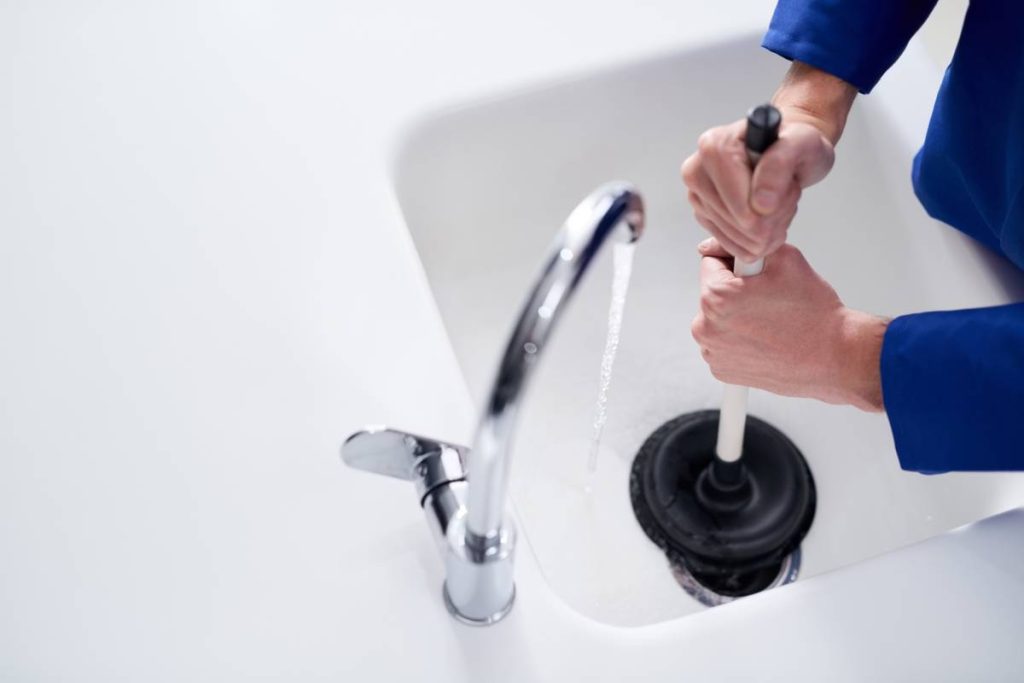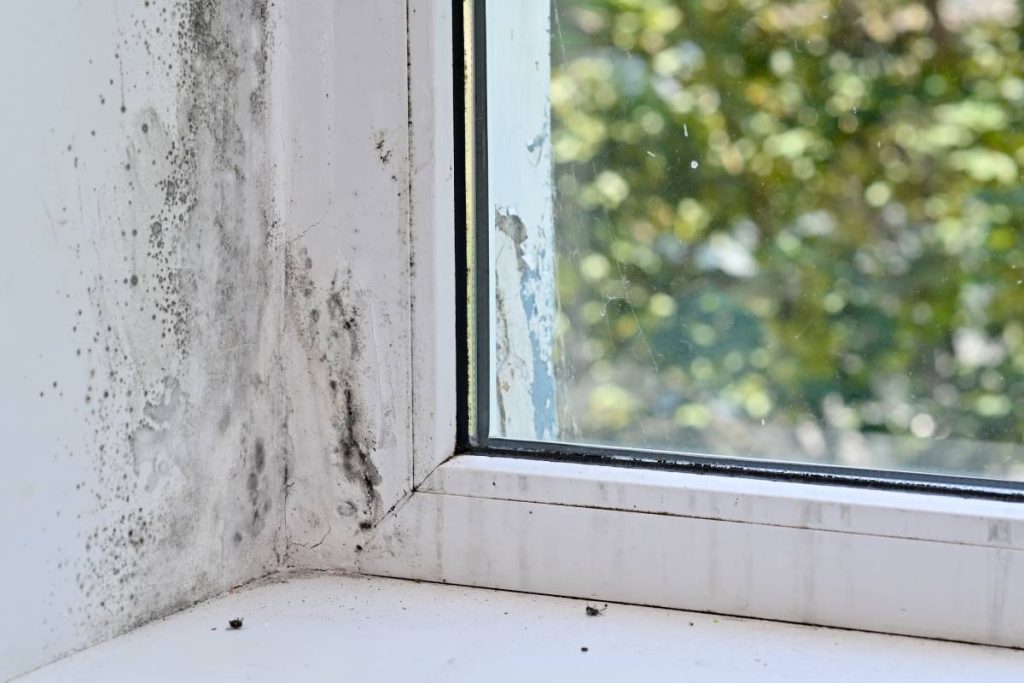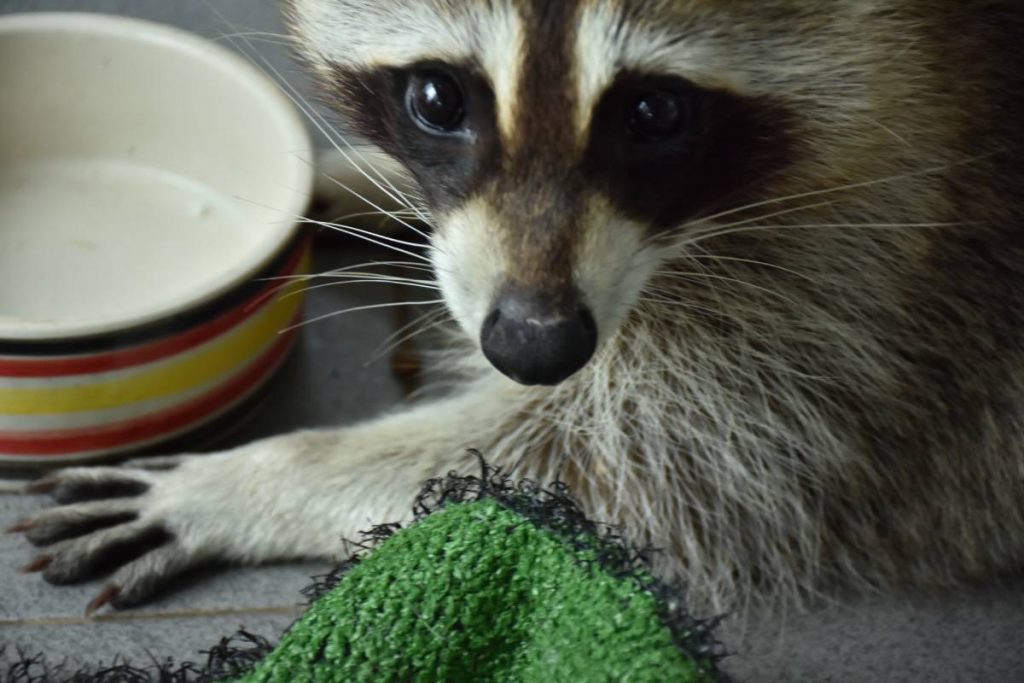No matter how much you clean, bad smells can still pop up in your home. Once you catch a whiff of them, they’re hard to ignore. Usually, you can tackle these odours yourself with a bit of effort. Start by pinpointing the smell to a specific room, and then play detective to find the source.
Let’s break it down by looking at 5 common household smells and how to eliminate them.

Old Food and Lingering Cooking Odours
If there’s a funky smell in the kitchen, chances are it’s related to food. Cooking, eating, and storing food can lead to unpleasant odours. Luckily, a little cleaning can go a long way in getting rid of these smells.
- Refrigerator: The seal around your fridge door traps odours, which is noticeable when you open it. To freshen it up, discard spoiled food, clean spills, and place an open box of baking soda on a shelf. Store food in airtight containers to prevent future odours.
- Trash Cans: If the smell worsens each time you toss something, your trash can is the likely culprit. Clean it with soapy water or bleach after taking out the trash. Before inserting a new trash bag, use a dryer sheet or sprinkle baking soda on the bottom.
- Ovens, Stovetops, and Microwaves: Food spills during cooking can cause lingering smells. Regularly clean these appliances, especially after spills, to reduce cooking odours.
- Garbage Disposal: Food and grease buildup can make your garbage disposal and sink smell over time. Use a vinegar-and-citrus solution by freezing lemon wedges in white vinegar. Run a few cubes through the disposal to deodorise it.

Smelly Drains and Clogged Plumbing
If you catch a whiff of sewage smell in your bathroom, it might be due to a clog in your plumbing. You can often tackle a stinky drain on your own by pouring boiling water or hot vinegar down the sink. For a more thorough cleaning, try pouring a cup of baking soda followed by two cups of warm white vinegar down the drain. Let it bubble for a few minutes, then rinse it down with a kettle of boiling water.
Sewage odours can sometimes stem from a dried-up P-trap, which is the U-shaped pipe connecting to drains in sinks, showers, and bathtubs. Typically, the bend in a P-trap holds water, creating a seal that prevents sewer gas and odours from entering your home. If you have a drain that isn’t used regularly, its P-trap can dry up, allowing unpleasant odours to fill the room. To prevent this, make it a habit to run water through all your drains at least once a month.
Cleaning Your P-trap or U-bend
If your sink is too clogged for water or vinegar, you might need to clean out the P-trap. Follow these steps:
- Place a bucket under your sink.
- Use your hands or a wrench to unscrew the connectors on either side of the U-shaped pipe.
- Carefully remove the pipe and dump its contents into your bucket.
- Remove any visible debris, like hair.
- Use a flexible wire brush to scrub the inside of the pipe.
- Reattach the pipe with the long side facing the sink drain.
- Run water for at least 15 seconds to ensure the pipe is sealed without any leaks.
Related topic: What Causes Pipe Damage? How to Fix Pipes in Bad Shape?

Musty Odours Caused by Mould and Mildew
If you’re detecting a musty smell in your home, chances are you have mould or mildew lurking somewhere. To eliminate this odour, start by inspecting your home for leaky pipes, dripping faucets, or any other sources of excess moisture. Mould and mildew thrive in warm, humid environments, making areas like bathrooms, laundry rooms, and basements particularly susceptible to musty smells.
Your initial step in banishing the smell is fixing the source of the leak, if possible. This could be as straightforward as tightening a faucet or shower head. For more complex plumbing issues, it might be necessary to enlist the help of a professional.
After addressing the leak, ensure the affected area is thoroughly dried, and remove any visible mold and mildew. For safe cleanup practices, refer to the CDC’s mould cleanup guide. Following this, enhance ventilation to prevent future mould growth. Utilise fans or open windows, especially during activities that generate high moisture, such as hot showers, dishwashing, and clothes drying.
Fixing a Leaky Toilet
A common cause of musty smells in bathrooms is a leaky toilet. Moisture can accumulate around the toilet base due to:
- Humidity condenses on the toilet and drips down to the floor.
- Loose bolts attach the toilet to the floor.
- A loose or leaking wax seal under the toilet base.
- Loose bolts connect the toilet bowl and tank.
Depending on the issue, fixing the leak may involve simply tightening bolts. If replacing the wax seal is necessary, it may take more effort. This involves draining and removing the toilet, cleaning the flange, and replacing the old wax seal with a new one.

Pet Odours
Pets, with their wet dog smells and stinky litter boxes, can certainly make their presence known in a home. Accidents, untidy tanks or cages, and even health issues can amplify the challenge of dealing with animal odours. If you observe any new smells or unusual behaviours in your pets, it’s wise to have them checked out by your vet. Even if a foul odour isn’t a sign of a health problem, your vet can assist in finding ways to eliminate it.
Stinky Dogs
Sometimes, a stinky dog just needs a bath. However, the smell might indicate an underlying issue. For instance:
- Extra smelly flatulence could signal a food allergy.
- Bad breath (halitosis) is often due to tartar, plaque buildup, or periodontal disease.
- Anal gland issues may prompt a dog to scoot their rear end along the floor, leaving behind a trail of unpleasant secretions.
Smelly Cats
For cats, the primary source of odour is typically the litter box. To reduce odours, scoop out pet waste daily and perform a deep clean at least once a month, including scrubbing the empty box with soapy water. Replace the litter box if the smell persists, especially if it’s been in use for over a year. When a cat’s odour extends beyond the litter box, it may indicate health issues such as accidents outside the box, bad breath, anal gland problems, flatulence from digestive issues, or skin infections.
Animal Cages and Tanks
If you have birds, small mammals, or reptiles, you know how quickly their enclosures can become odorous. Regular cleaning is key to preventing cage odours. Spot clean daily, remove visible faeces, and wipe down surfaces. Weekly, change the liner or bedding, clean the entire cage, and sanitise toys or accessories. Placing the enclosure in a well-ventilated room and opting for a metal cage (when possible) can also help minimise odours.

Odours from Wild Animals
While pets are common culprits of home odours, wild animals like rodents can also contribute to unpleasant scents, whether they’re alive or deceased. Resolving the issue involves cleaning the source of the smell, though it can be a challenging task. If you suspect a dead rodent, look for droppings or tiny pawprints to help locate it.
If you find the rodent or its droppings, dispose of them carefully and clean the area with disinfectant. Follow CDC guidelines to minimise the risk of illness when handling rodent cleanup.
If you can’t locate the deceased rodent and are not keen on opening up your walls to find it, you might have to endure the smell until the body naturally dries up which may take around two weeks for the stench of a dead mouse to dissipate.
Final Thought
In order to ensure a pleasant home environment, identifying and addressing the sources of odours is key. Whether it’s a quick fix like cleaning a stinky drain or a more involved process like handling pet-related smells, taking proactive steps ensures a home that not only smells good but contributes to the overall health and happiness of its inhabitants.
So, armed with these insights, let’s embark on the journey to banish unwanted odours and welcome the refreshing scent of a clean and inviting home.











